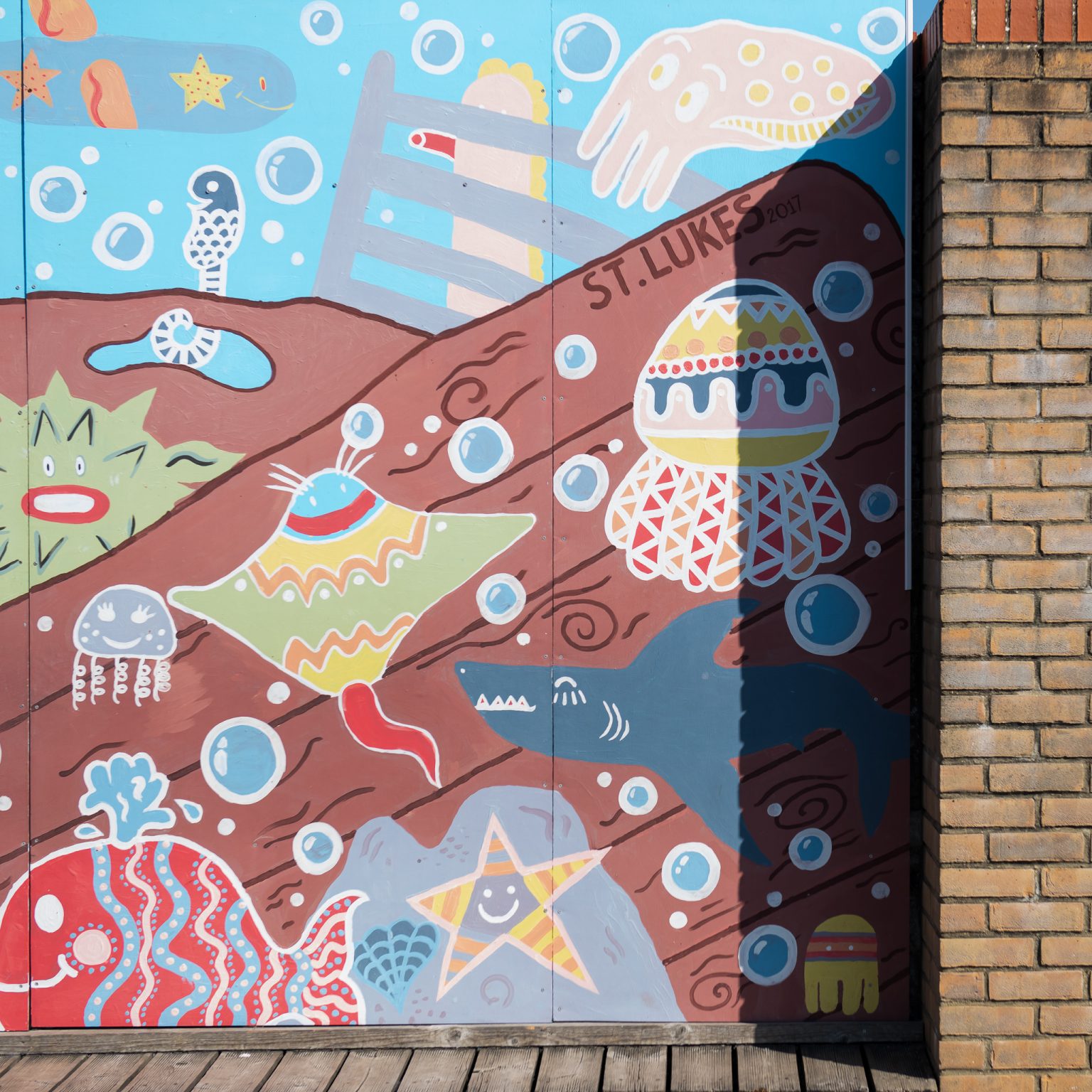English
Intent
At St Luke’s Primary School, we strongly believe that literacy and communication are key to being confident lifelong learners. We want all children to be highly effective communicators and know that writing allows children to have a voice to share their ideas with the world. We aim for all children to both speak fluently for a range of audiences and listen respectfully to successfully communicate their ideas, experiences and emotions. We aspire for all children to be readers and nurture a love of reading. At St Luke’s, texts will be at the heart of our curriculum as reading allows children to open their minds to new worlds, to think and extend their learning wherever it takes them. We aim for all children to be able to write for a range of purposes so they can express ideas and beliefs through written language.
The aim of teaching English at our school is:
- To develop pupils' love of reading to allow them to open their minds to new worlds, to think and extend their learning wherever it takes them.
- To develop the courage to take part in debates, performances and discussions. To be able to share their opinions, ideas and creations through written and spoken language.
- To give and instil hope that they have the skills to prepare them for further education and beyond, and enable them to foster a sense of confidence in their ability to understand the need for English for their successful future.
Implementation
At St Luke’s, the Early Years Framework and the National Curriculum is the core of our English curriculum. We use Read Write Inc to develop children’s phonetic skills and Kinetic Letters to aid the teaching of handwriting across the school. Our curriculum is designed upon a base of skills and knowledge that we want the children to learn. This is mapped out across the school in a progressive manner. Teachers plans lessons from medium term planning documents, taken from the long term progression document.
Through the use of high quality texts, children are exposed to a rich vocabulary and experience the awe and wonder that can be accessed via reading.
The children are given the opportunity to develop their spoken language, through poetry, debate, drama and discussion.
Writing skills are developed through being taught specific skills, such as punctuation, spelling and literary devices. The children use these skills to effectively write for a multitude of purposes such as, narrative writing, poetry and non-chronological reports.
Impact
We aim for all children to achieve age related expectations in English at the end of KS2. In order to evaluate the level to which children are retaining knowledge and are able to apply their learning to a range of situations, we use a range of techniques.
- Regular feedback, marking and pupil voice feedback
- Phonics screening and assessments
- Subject monitoring including book scrutinises
- Regular low stakes assessment, using a range of approaches
- More formal assessment to track progress and identify gaps e.g. NFER/End of Key Stage SATs
- Cross trust/HIAS moderation to ensure secure teacher judgements
- Cross curricular opportunities to apply the skills through other curriculum area












